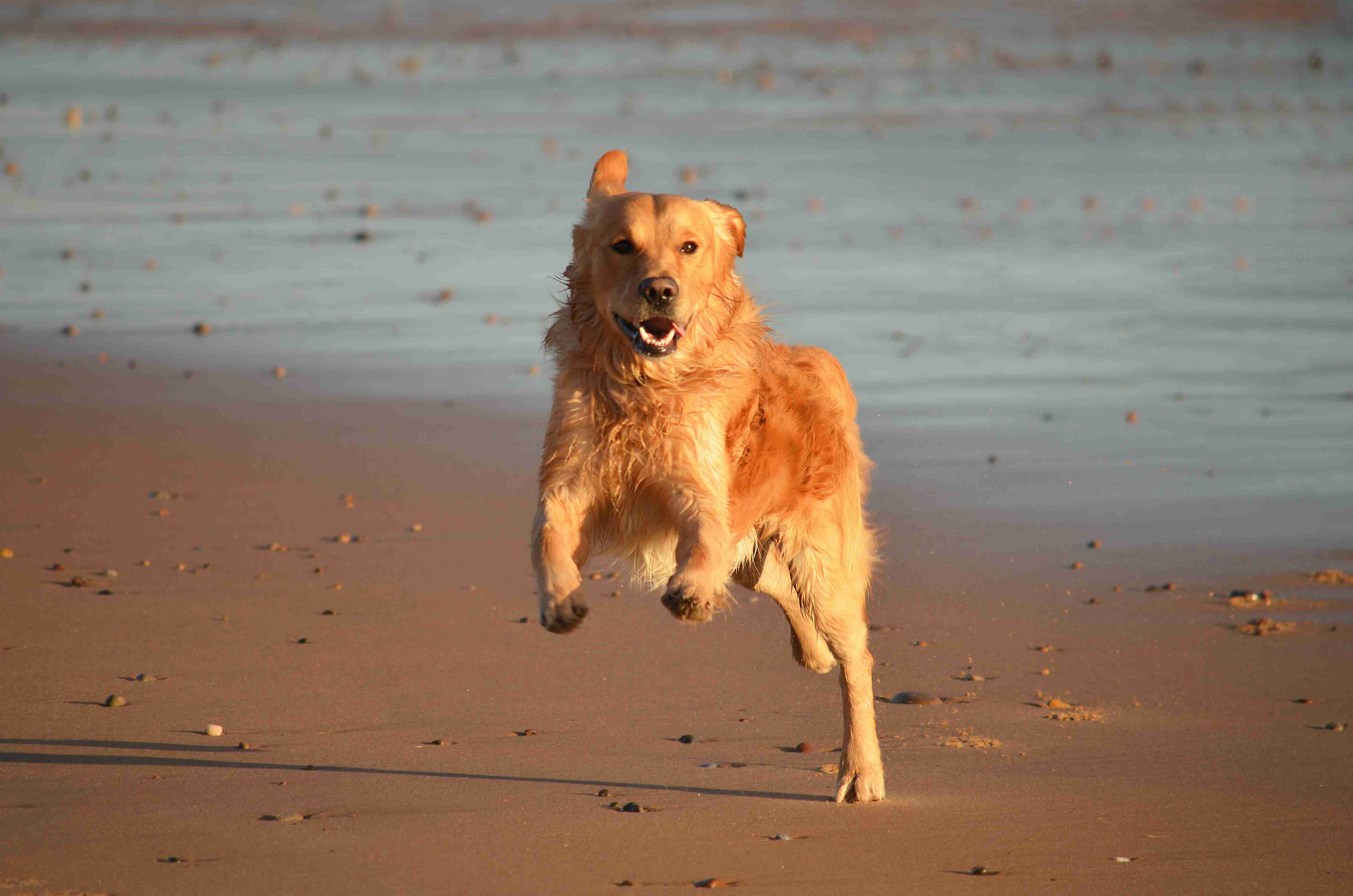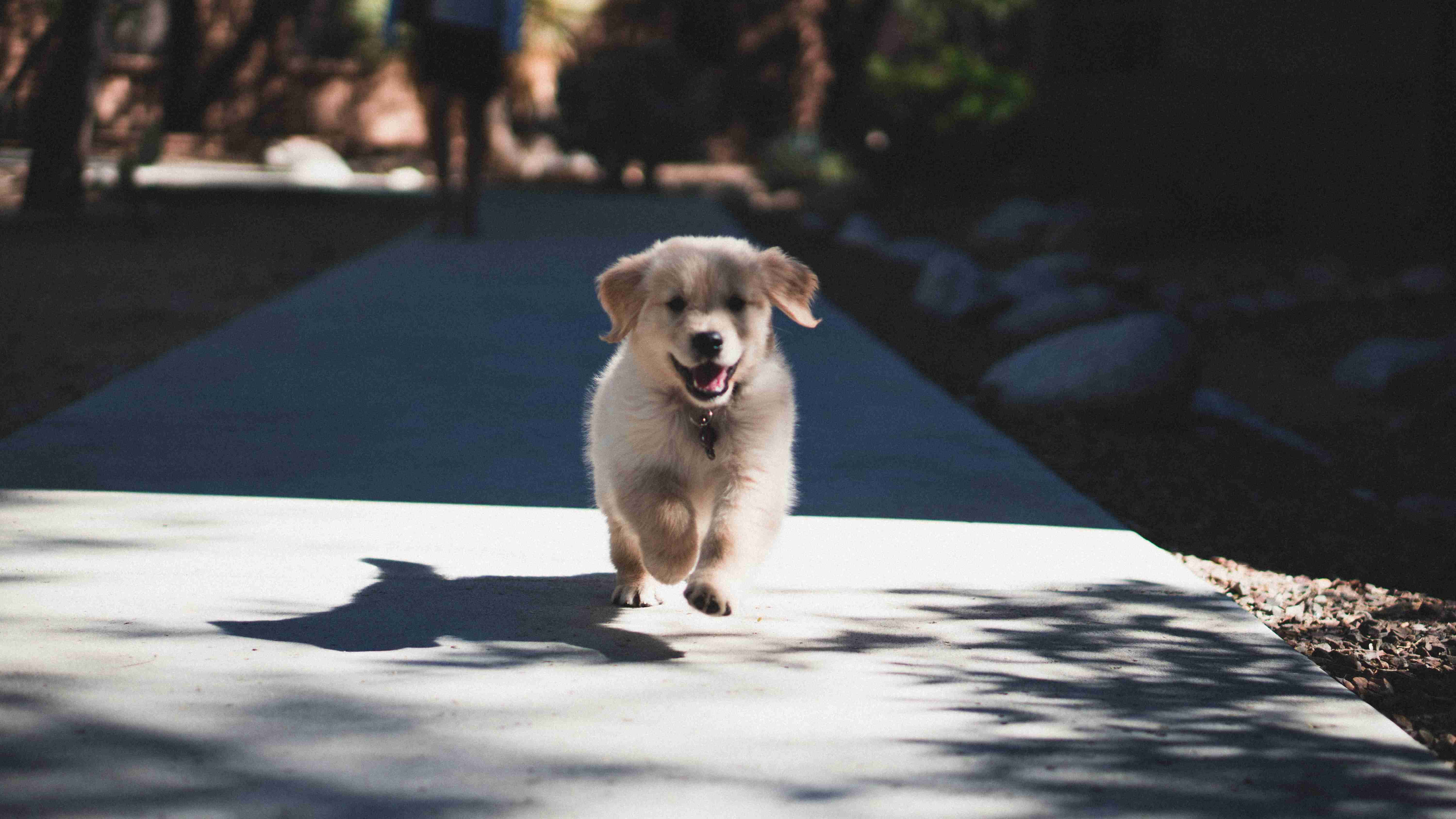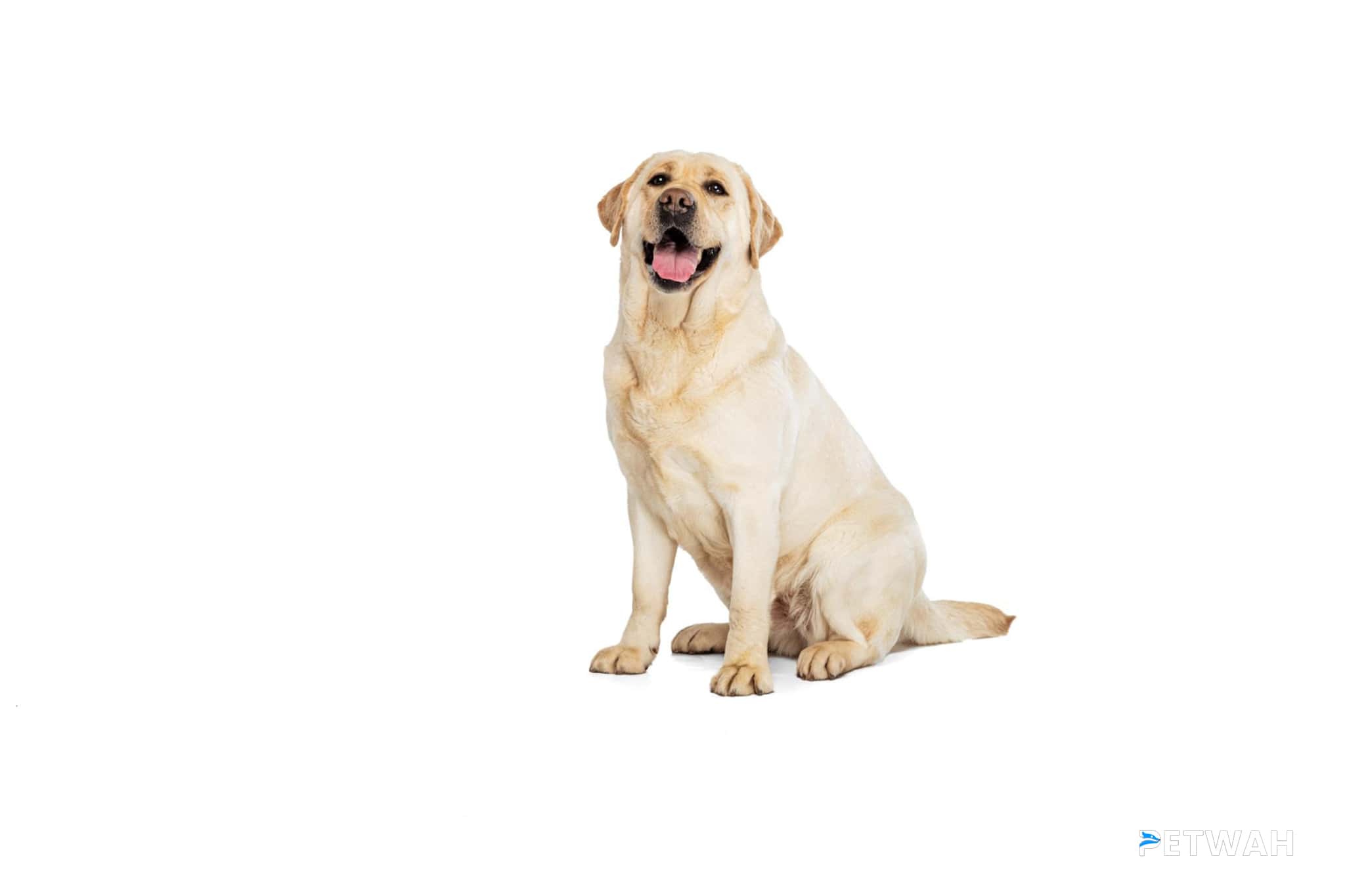Golden Retrievers are one of the most beloved dog breeds in the world, known for their friendly personalities and loyalty. While they are generally healthy, Golden Retrievers can experience joint issues as they age, which can impact their quality of life. As a pet owner, it can be difficult to know how to best support your furry friend’s health when they’re experiencing joint issues. One of the most important factors to consider is their diet. In this blog post, we’ll explore the best practices for feeding your Golden Retriever with joint issues, so that you can help them live their happiest and healthiest life possible.
As a pet owner, you want to ensure that your furry friend is healthy and happy. If you have a Golden Retriever with joint issues, feeding them the right food can make all the difference. Here are some best practices for feeding your Golden Retriever with joint issues to ensure optimal health.
1. Choose High-Quality Dog Food
The first step in feeding your Golden Retriever with joint issues is to choose high-quality dog food. Look for dog food that contains natural ingredients, such as meat, vegetables, and fruits. These ingredients will provide your dog with the nutrients they need to stay healthy and strong. Additionally, make sure the dog food you choose is formulated for dogs with joint issues.
2. Look for Supplements
Supplements can also be beneficial for dogs with joint issues. Glucosamine and chondroitin are two supplements that are often recommended for dogs with joint issues. These supplements can help reduce inflammation and improve joint health.

3. Monitor Your Dog’s Weight
Maintaining a healthy weight is crucial for dogs with joint issues. Excess weight puts more pressure on the joints and can exacerbate joint issues. Make sure to monitor your dog’s weight and adjust their diet accordingly to help them maintain a healthy weight.
4. Incorporate Omega-3 Fatty Acids
Omega-3 fatty acids are essential for dogs with joint issues. These fatty acids help reduce inflammation and improve joint health. Look for dog food that contains omega-3 fatty acids, or consider adding a fish oil supplement to your dog’s diet.
5. Avoid Certain Foods
Some foods can exacerbate joint issues in dogs. Foods that are high in fat or sugar can contribute to inflammation and worsen joint pain. Additionally, some dogs may have food sensitivities that can worsen joint issues. It’s best to avoid foods that may cause inflammation or sensitivities in your dog.
By following these best practices, you can help your Golden Retriever with joint issues maintain optimal health. Always consult with your veterinarian before making any changes to your dog’s diet to ensure they are getting the proper nutrition they need.
In conclusion, feeding a Golden Retriever with joint issues requires a little extra care and attention, but it’s worth it to ensure your furry friend is healthy and happy. By following the best practices outlined in this article, you can help alleviate joint pain and inflammation and improve your dog’s overall well-being. Remember, a nutritious diet, regular exercise, and appropriate supplements can make all the difference in your Golden Retriever’s joint health. So, take the time to provide your furry friend with the care and attention they deserve, and enjoy many happy and healthy years together.








